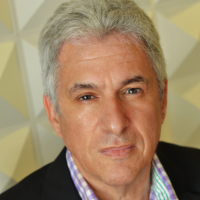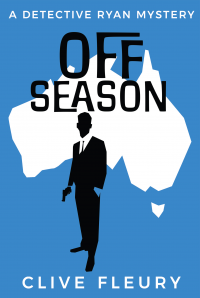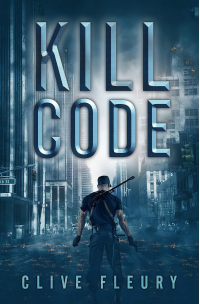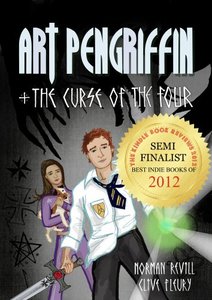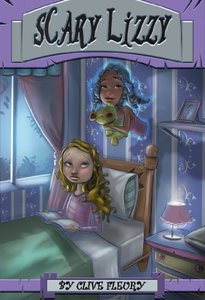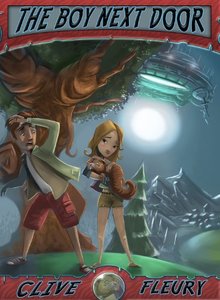What inspired you to transition from writing novels to working in TV and film, and how has this impacted your storytelling approach?
I haven’t actually transitioned from novels to TV and film but instead try to do both, even though they do require different skills and approaches. TV and film are mainly about visuals and less about dialogue. When I write novels, I try and paint pictures with my words.
With a diverse portfolio spanning murder mysteries to dystopian science fiction, what draws you to explore such varied genres in your writing?
The genre is less important than telling an entertaining story with strong characters. Both my murder mysteries and my sci-fi novels have this strength at their core.
Can you share some insights into your creative process when crafting intricate plots and compelling characters for your novels and screenplays?
I’m quite methodical about writing novels and screenplays. I start with the basic idea, and then detail characters, structure and plot. I also research any details I’m unsure of. Of course, once I actually start writing things can change drastically, so flexibility is important too.
"Off Season" delves into the realm of murder mystery. What unique challenges did you face while writing a gripping mystery novel, and how did you overcome them?
I like to write entertaining mysteries with strong characters and plot twists, and although I enjoy developing the characters, I find the twists more difficult. On the one hand, there must be clues for the audience; on the other, I don’t like it too easy for the reader to guess who is or isn’t the villain. Getting the balance right is challenging.
In "Kill Code: A Dystopian Science Fiction Novel," you explore themes of technology and society. What inspired you to delve into the dystopian genre, and what messages or warnings do you hope readers take away from your work?
I sometimes am in the mood to write stories that are not just pure entertainment but have less frivolous content. Dystopian science fiction is the perfect vehicle to raise important societal questions about subjects like climate change, and wealth disparity while still writing appealing tales. As Mary Poppins once said: A spoonful of sugar helps the medicine go down!
As both a writer and director, how do you balance the creative vision of your scripts with the practicalities of film production?
I believe that once you’ve written a script you have to hand over your ‘baby’ to the people who make the film --- and this isn’t just the director. Making a film is a collaborative affair, and I like to engage with as many people as possible to get their input. So basically, after the writing the script it’s important as the director to leave your ego at the door.
"Big City Blues" boasted an impressive cast, including Giancarlo Esposito and Burt Reynolds. What was the experience like working with such renowned actors, and how did it influence the final outcome of the film?
Giancarlo and Burt were actors at different stages of their careers when I worked with them. Burt was used to the trappings of being a highly successful commercial actor and liked full attention all the time. He also wasn’t a man who liked many ‘takes’ for a scene. So, working with him was fast and intense. Working with Giancarlo was a delight. He not only took direction well but also made script suggestions that were on point. His scenes were much improved because of his input.
Could you share some memorable moments or challenges you encountered while filming "Sons of Summer" on the Gold Coast of Australia?
Making “Sons of Summer” had a smorgasbord of challenges. It was a relatively low-budget film, so there was really no room for errors. You either got the scene or you didn’t. Reshoots were out of the question, so the pressure was on from day one. We shot in May and June on the Gold Coast which were supposed to be ideal months weatherwise. Unfortunately, nothing could be further from the truth. While the movie was supposed to be a celebration of summer in Australia, when it was shot it virtually never stopped raining. This wasn’t light rain either. It was torrential, with flooding all the time. In fact, one of the crew almost drowned when his truck got washed away in the rain! Ironically the surfing shots didn’t benefit from the downpours. The waves were lackluster much of the time, completely unsuitable for filming good surfing. Despite all this though, somehow we made it look like the sun was always out, and the waves were monstrous…. But then that’s the magic of movies!
You've worked on a wide variety of successful drama and documentary projects. How do you approach each project uniquely, and what factors influence your decision to take on a particular project?
There are several principal factors that are important in making the decision about what project to take on:
In a drama production:
The script. It’s the bedrock, and if it’s bad to start with there’s little you can do to make the film work.
The actors. You get to know who is trouble on set, and try and steer away from working with them.
Where it’s being shot. Australia is a delight to work in; other places are not so good.
In a documentary production:
Is there enough money budgeted to make the project work?
Do you care about the subject. Do you think it’s an important project worth making.
What advice would you give to aspiring writers who are looking to break into the industry, whether it be in novels, screenplays, or both?
There are lots of reasons NOT to do something, the principal one being that it’s never going to happen. But you have to try and ignore all of the doomsayers and, in Nike’s immortal words, “Just Do It”.
How do you stay inspired and motivated throughout the creative process, especially when faced with writer's block or challenges during production?
I don’t think I am equally inspired and motivated throughout the creative process. Sometimes you just have bad days, but you have to be stubborn and just go on. Repeat: I will get out of this funk and I will succeed.
What role do you think storytelling plays in shaping society, and how do you strive to make an impact through your narratives?
I think any kind of creative work is absolutely essential to a society’s wellbeing. I think also to many of us, doing something creative is also essential for your mental and physical health. This is certainly true in my case.
How did you come up with the idea for your novel, “Art Pengriffin & The Curse Of The Four”?
I co-wrote Art Pengriffin with Norman Revill, who approached me to write with him. He already had the broad strokes of the entertaining concept, which I thought really worked. So together we explored the idea and wrote the book.
Can you share any upcoming projects or future plans you have in the works, either in writing or in film?
Currently I’m writing the sequel to Off Season. It’s another Detective Ryan mystery that will also be set in Australia. At the same time a producer is looking at a horror script I wrote sometime back. He wants to make it into a movie. I’m also trying to get Kill Code, my dystopian science fiction novel, made either as a film or tv series. I have written scripts for both.
Lastly, what do you hope audiences take away from your work, and what legacy do you aspire to leave behind as an author and filmmaker?
Enjoyment and entertainment are the most important elements I would like an audience to take away from my work. As for my legacy I’ll leave that for others to decide.

